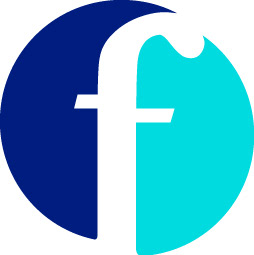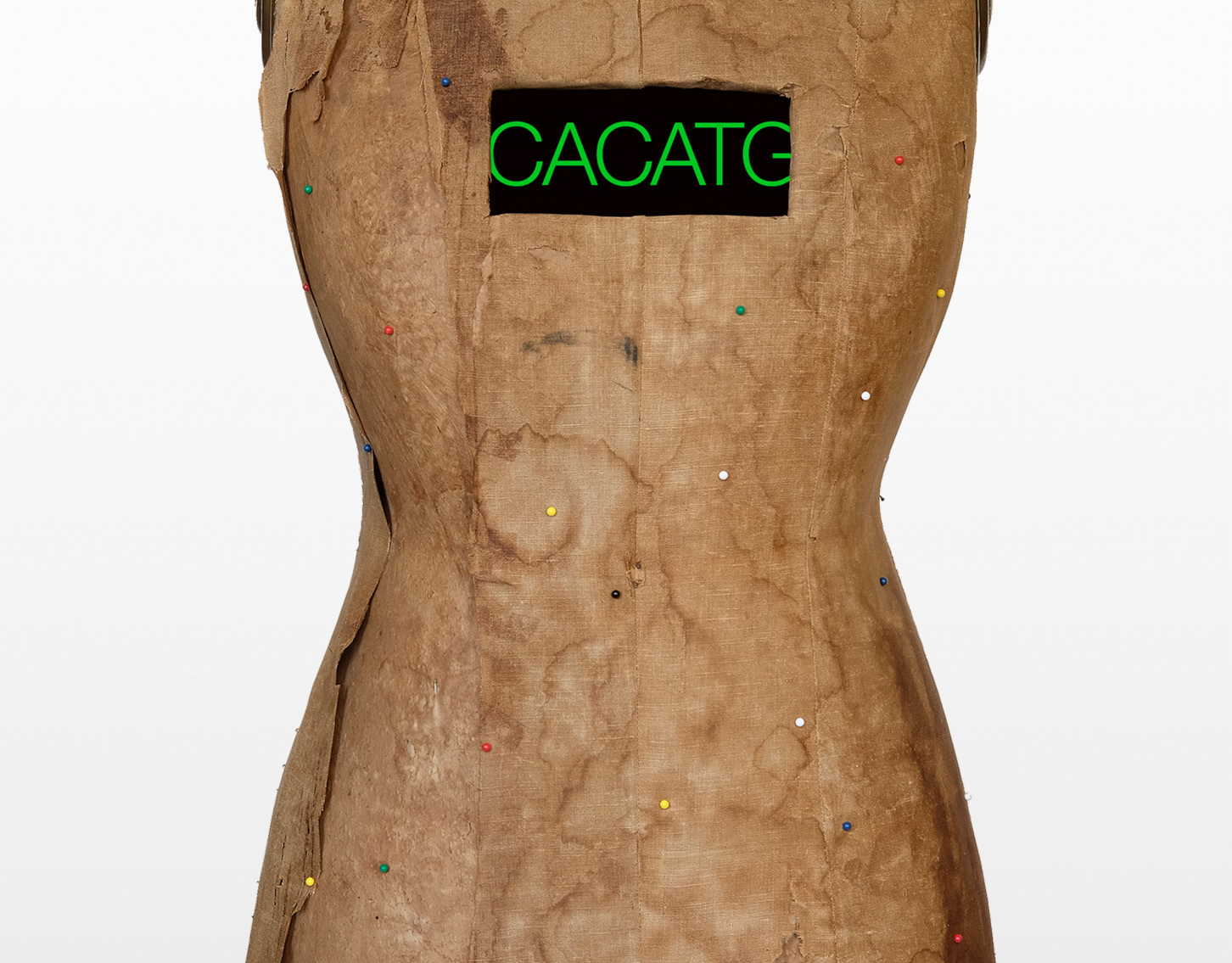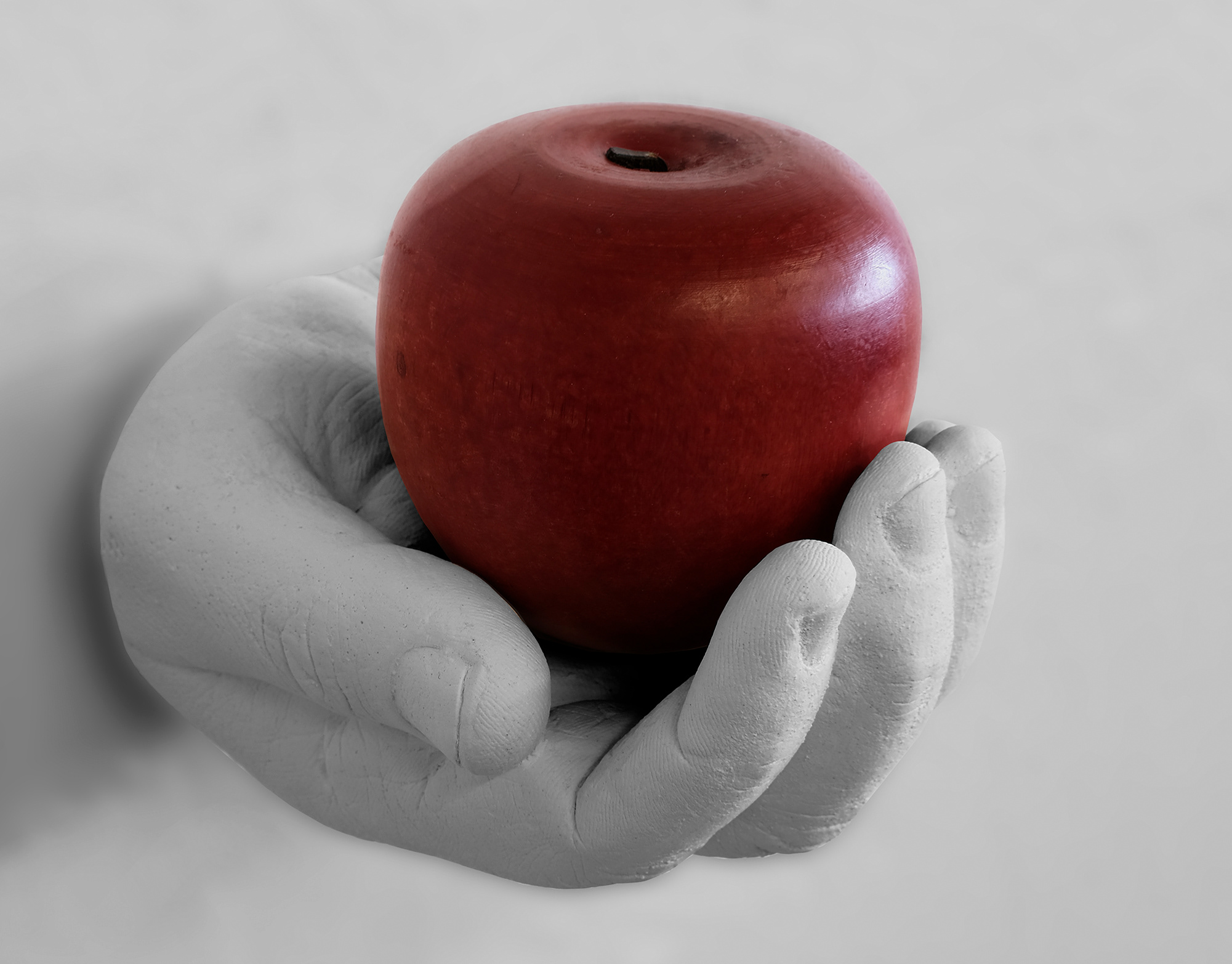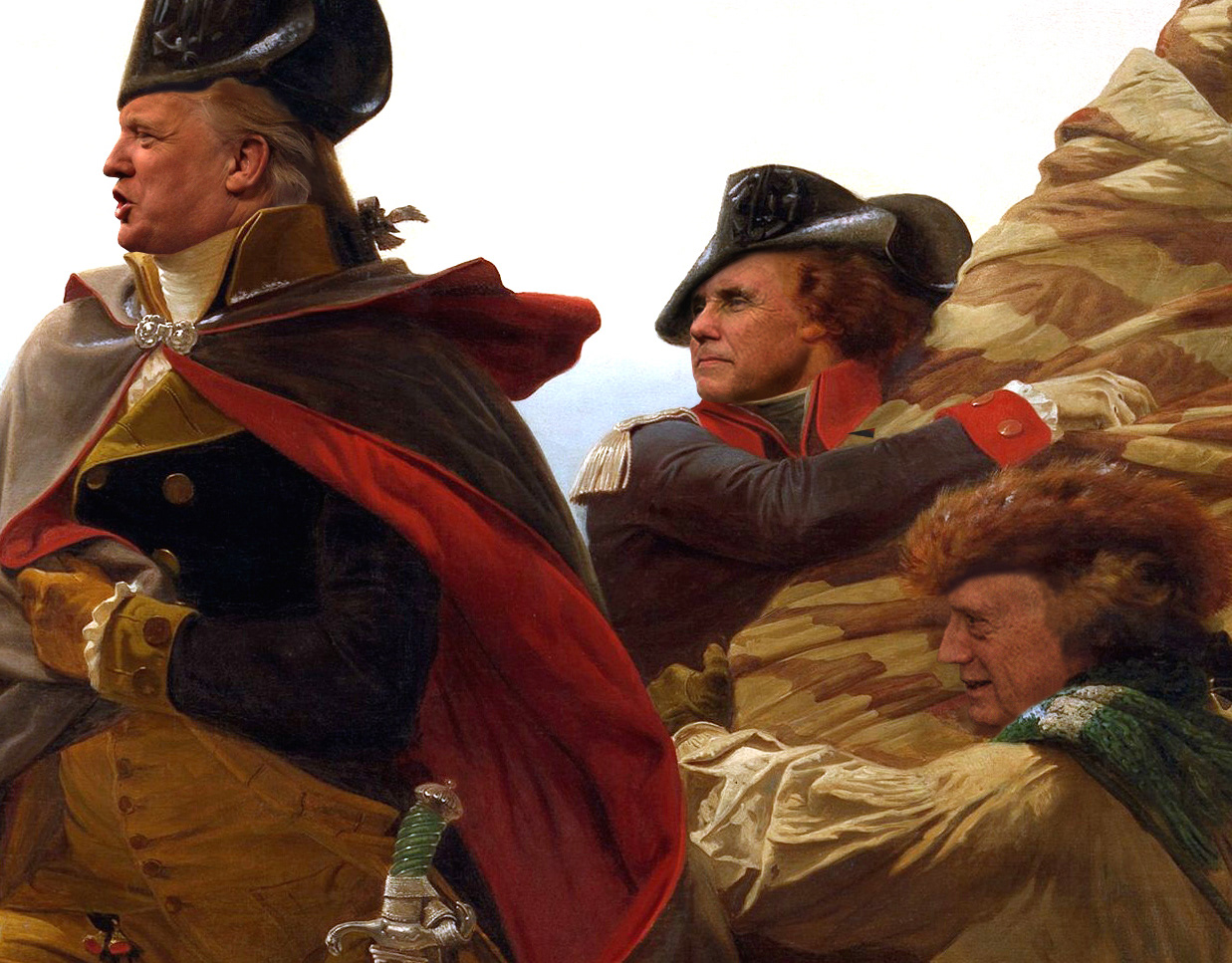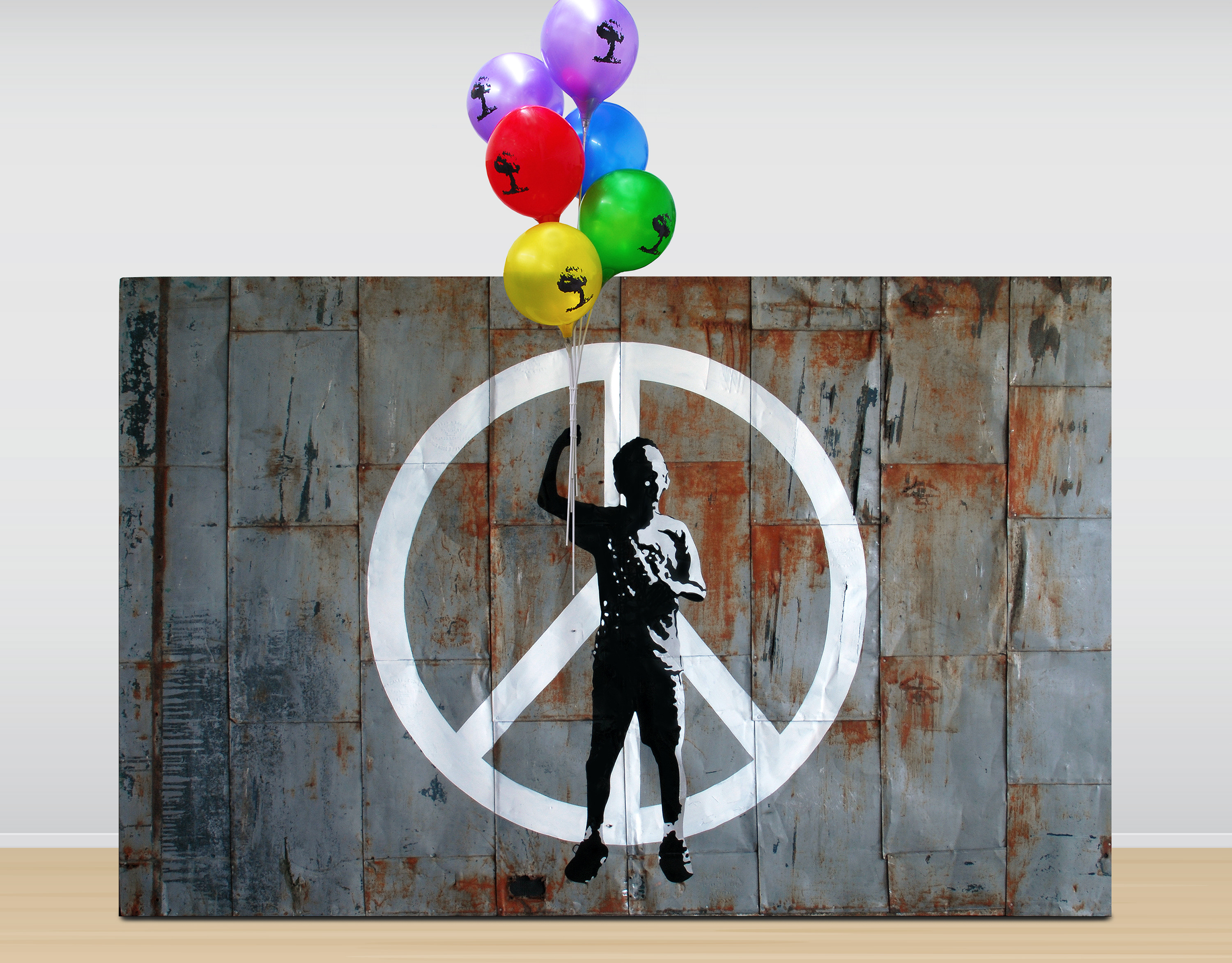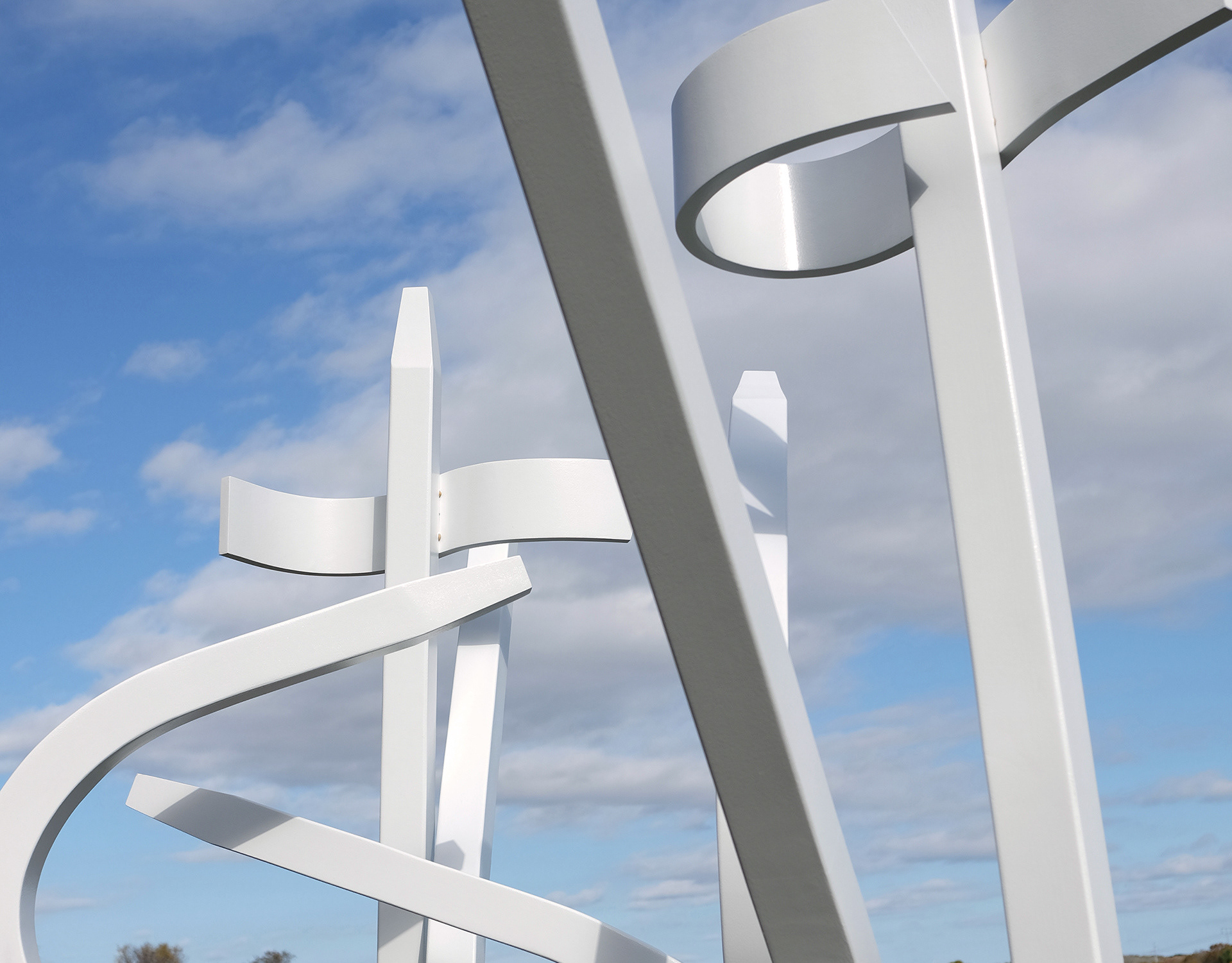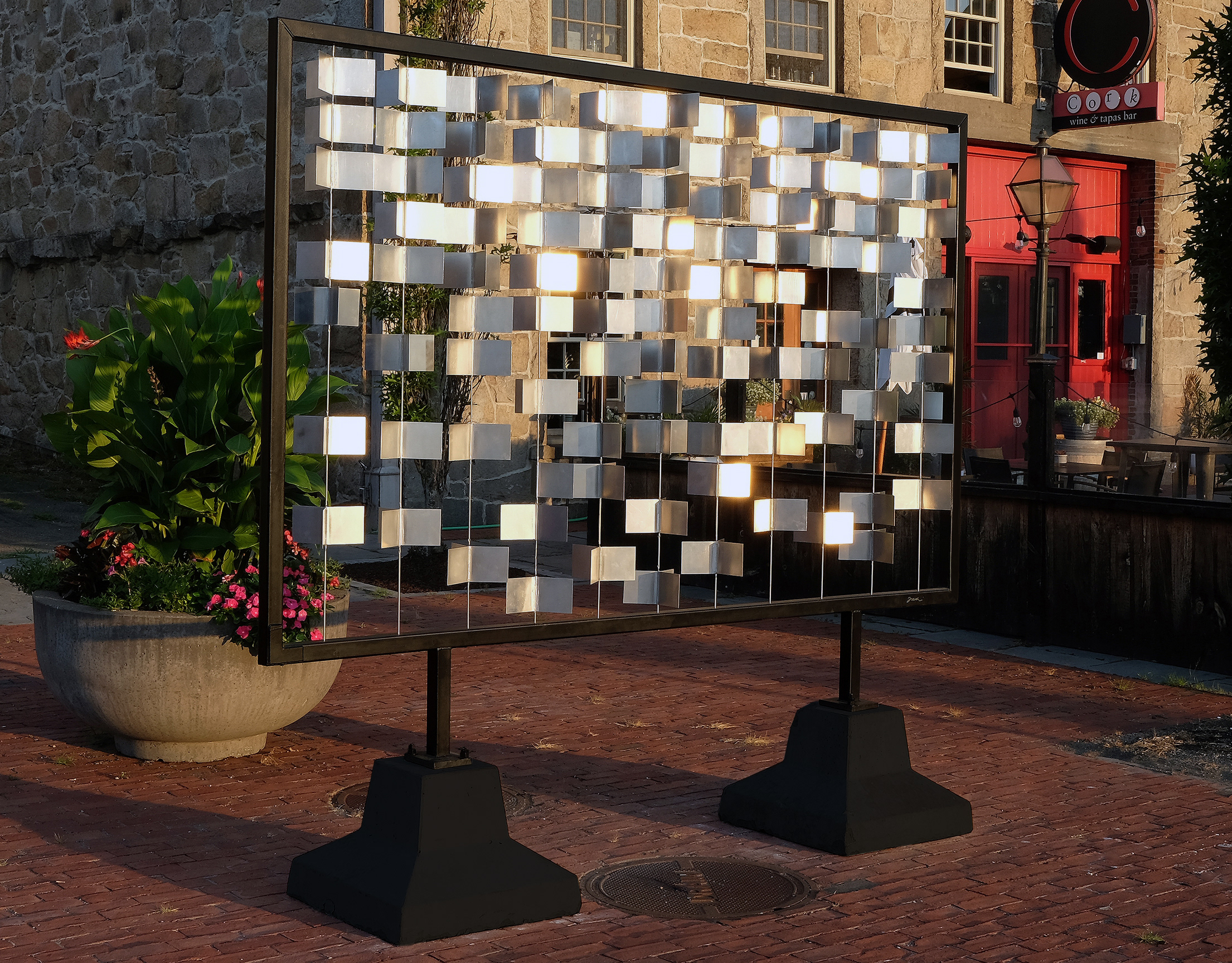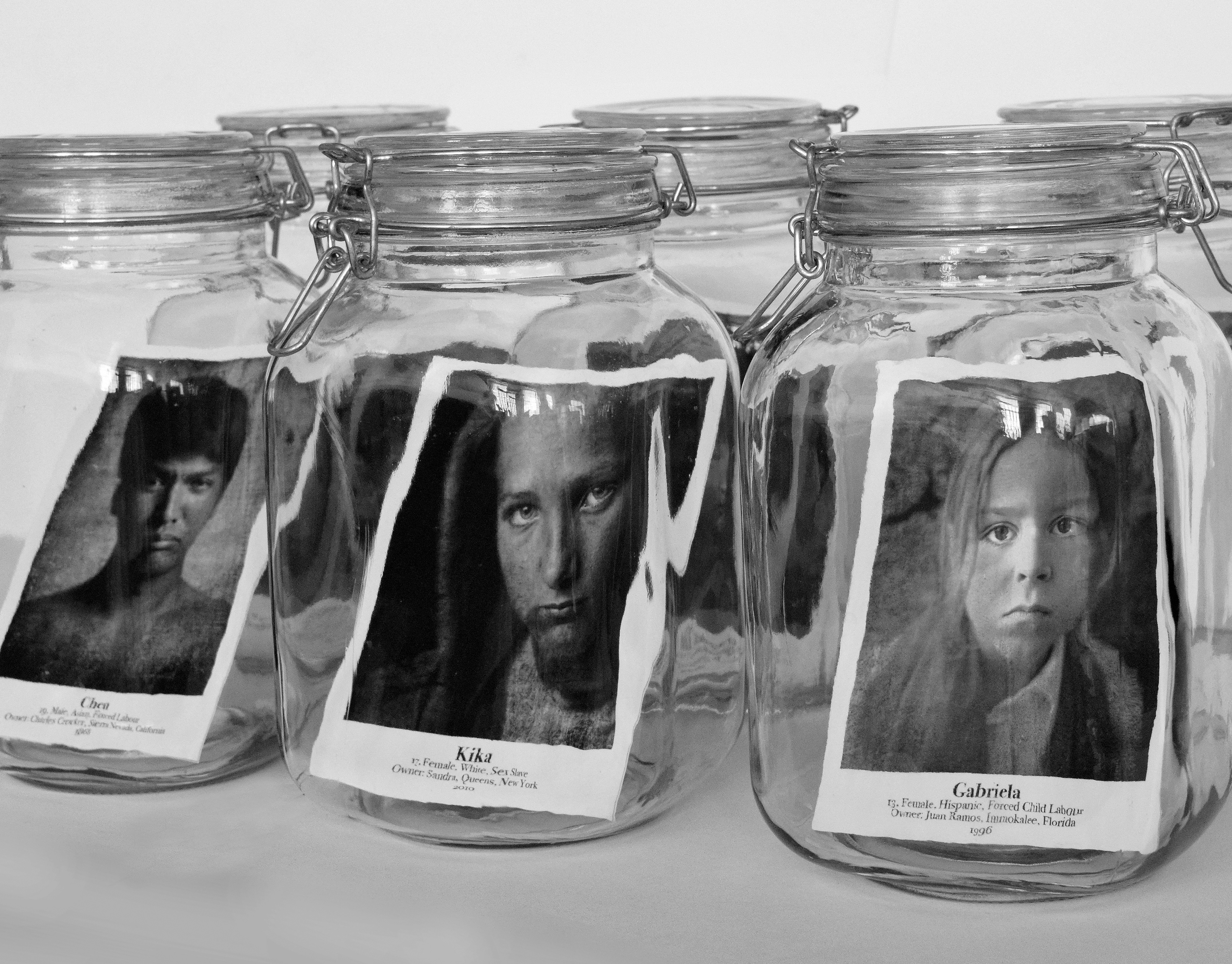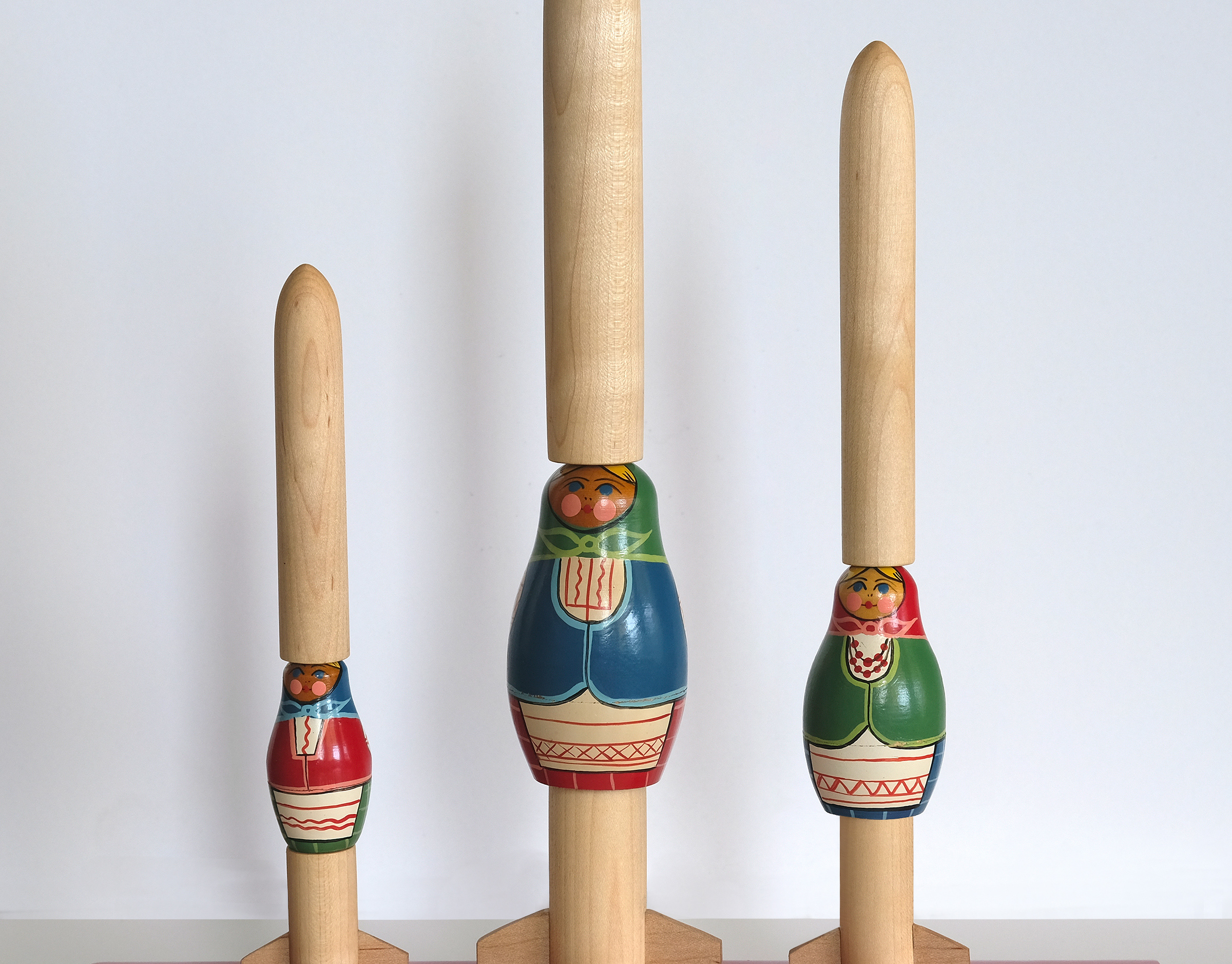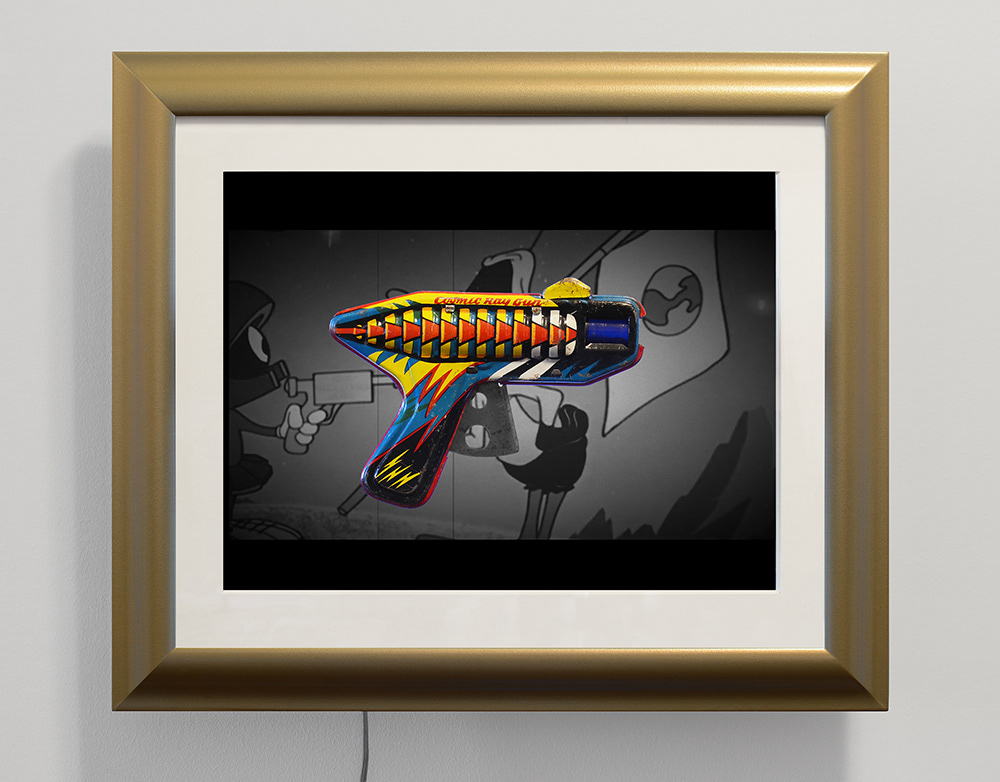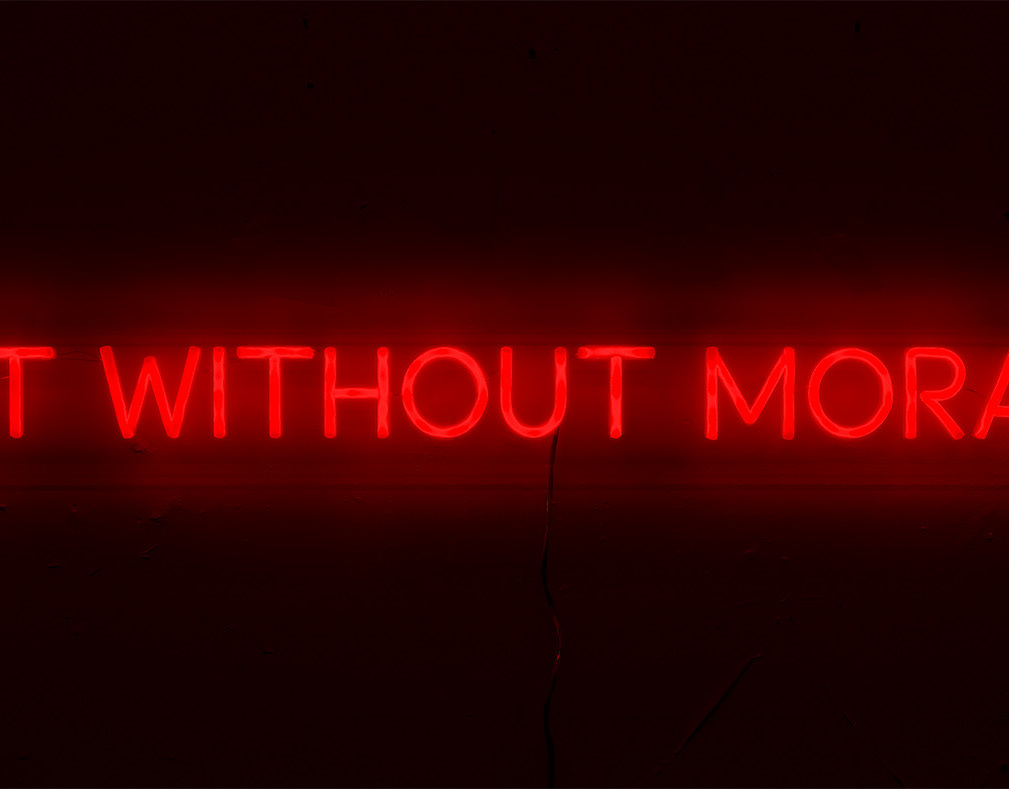Available for purchase: $9,000 USD
Keith Francis’s artistic practice has long interrogated the mechanics of human systems and the
often-invisible forces that govern our collective experience. Through the meticulous repurposing of vintage pinball machines, he transforms artifacts of popular culture into kinetic sculptures that reflect the intricate, often precarious, balance of our world. Francis's work, housed in museum collections worldwide, including previous pinball machine works that explore complex societal dynamics,
extends this inquiry into contemporary consciousness.
often-invisible forces that govern our collective experience. Through the meticulous repurposing of vintage pinball machines, he transforms artifacts of popular culture into kinetic sculptures that reflect the intricate, often precarious, balance of our world. Francis's work, housed in museum collections worldwide, including previous pinball machine works that explore complex societal dynamics,
extends this inquiry into contemporary consciousness.
With “TILT,” a 1967 Gottlieb pinball machine stands as a poignant metaphor for the perilous state
of global democracy. Stripped of its original function, declared “OUT OF ORDER,” and balanced unsettlingly on three legs, the sculpture resists engagement. This deliberate unplayability is not a concession to decay but a pointed commentary: the "game" of democracy, as we know it, is currently failing. The cracked mirror in the backglass, emblazoned with the word “DEMOCRACY,” implicates
the viewer directly in this fractured reality, compelling a self-reflection on our collective role in its current state.
of global democracy. Stripped of its original function, declared “OUT OF ORDER,” and balanced unsettlingly on three legs, the sculpture resists engagement. This deliberate unplayability is not a concession to decay but a pointed commentary: the "game" of democracy, as we know it, is currently failing. The cracked mirror in the backglass, emblazoned with the word “DEMOCRACY,” implicates
the viewer directly in this fractured reality, compelling a self-reflection on our collective role in its current state.
“TILT” directly confronts the mechanisms that lead to democratic decline. It speaks to the erosion of trust through surveillance and disinformation, the weakening of independent institutions, and the suppression of civic participation. The static, broken machine serves as a stark counterpoint to the plasma screen, which pulses with meticulously curated videos of democratic protest from around the globe. These images of peaceful marches, civil disobedience, and artistic expressions of dissent are not mere documentation; they are the vibrant, undeniable evidence of humanity's ongoing fight for agency against the very forces threatening to silence them.
This work is a contemporary call to action, echoing the current moment where the fragility of democratic ideals demands urgent attention. It argues that democracy is not a self-sustaining system but a complex, delicate mechanism in constant need of maintenance and defense. “TILT” forces us
to acknowledge that unless we actively engage with its challenges, recognizing the specific “government actions that lead to a failure of democracy,” we risk losing the game entirely. It is an invitation to witness, to reflect, and to ultimately participate in the crucial work of restoration.
to acknowledge that unless we actively engage with its challenges, recognizing the specific “government actions that lead to a failure of democracy,” we risk losing the game entirely. It is an invitation to witness, to reflect, and to ultimately participate in the crucial work of restoration.
